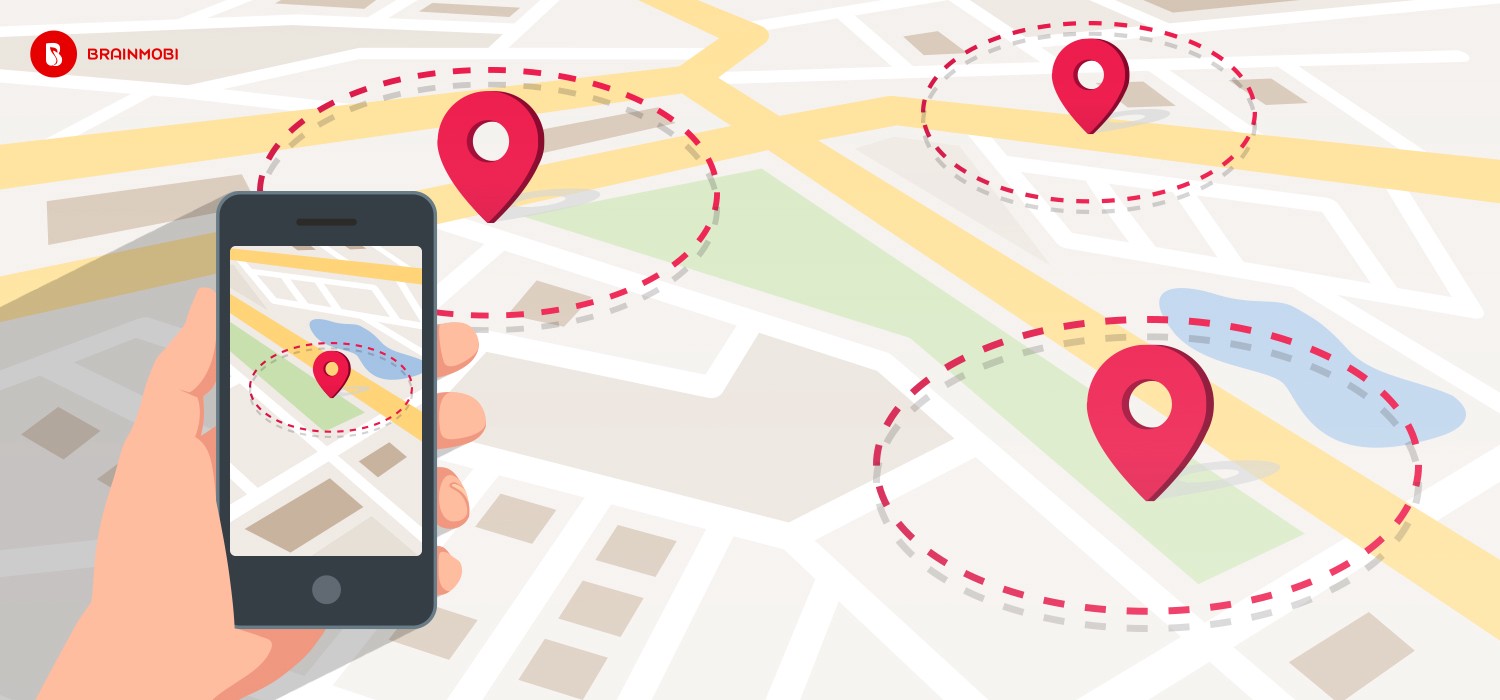If you’ve seen the 2014 film Guardians of the Galaxy, you may recall at one point the protagonists end up in an intergalactic prison from which they later escape. What you probably didn’t know is that the design of that prison resembles an actual concept imagined by the English philosopher Jeremy Bentham. He called it the Panopticon.
The layout is made up of cells built in a ring around a central tower allowing prison guards a 360-degree view of every inmate’s cell at all times. However, unlike the film, the Panopticon is designed so prisoners are unable to see inside of the tower, leaving them unsure of when they’re being watched. The resulting effect is self-regulation and self-censorship out of fear and uncertainty.
Federal and local governments don’t place such towers in our communities, but that may be because they don’t need to. Living in an age of massive data collection and advanced surveillance technology enables them to have eyes in more places than ever before: inside our homes, devices, public spaces, and especially online.
In addition to the Snowden documents and whistleblower testimonies covered in part 2 of this privacy series, over the last several years, government institutions have themselves demonstrated what they are both willing and capable of: using facial recognition and geofences to track down protestors associated with Black Lives Matter or the events in Washington, DC, on January 6; secretly installing COVID-19 tracking spyware onto Android devices; and establishing partnerships with companies like Banjo to create a centralized system of surveillance or the NSO Group to deploy phone-hacking software. Add to all of this the personal data that can be seized without a warrant from third-party platforms like Google, Amazon, and Verizon in states lacking digital privacy protections.
Just a month ago, it was revealed that the FBI was using FISA Section 702 to spy without a warrant on activists, protestors, and political campaign donors. Unfortunately, this discovery comes as no surprise; federal agencies like the FBI, the CIA, and the NSA spying on Americans has become standard practice. Nevertheless, they are all violations of the Fourth Amendment of the US Constitution.
This is where the Fourth Amendment and the First Amendment become intertwined. Similar to the physical panopticon, the underlying effect of mass surveillance is the self-censorship of US citizens in their actions, speech, and online activity.
Can someone truly exercise their freedom of speech when they know that by merely associating with certain organizations or people, attending certain events, or visiting certain websites — all constitutionally protected behavior — they could end up on a watchlist or be investigated?
Fortunately, efforts are underway to fight the digital panopticon. With FISA Section 702 set to expire at the end of this year, lawmakers and activists are engaged in the debate over reforming or eliminating the federal law that regularly authorizes the unconstitutional surveillance of Americans.
On the local front, state legislatures across the country are introducing bills aimed at protecting their residents’ digital privacy. Whether it’s safeguarding third-party data from warrantless searches and seizures or regulating law enforcement’s use of surveillance technologies like facial recognition, the Libertas Institute stands ready to help your state pursue these protections!






